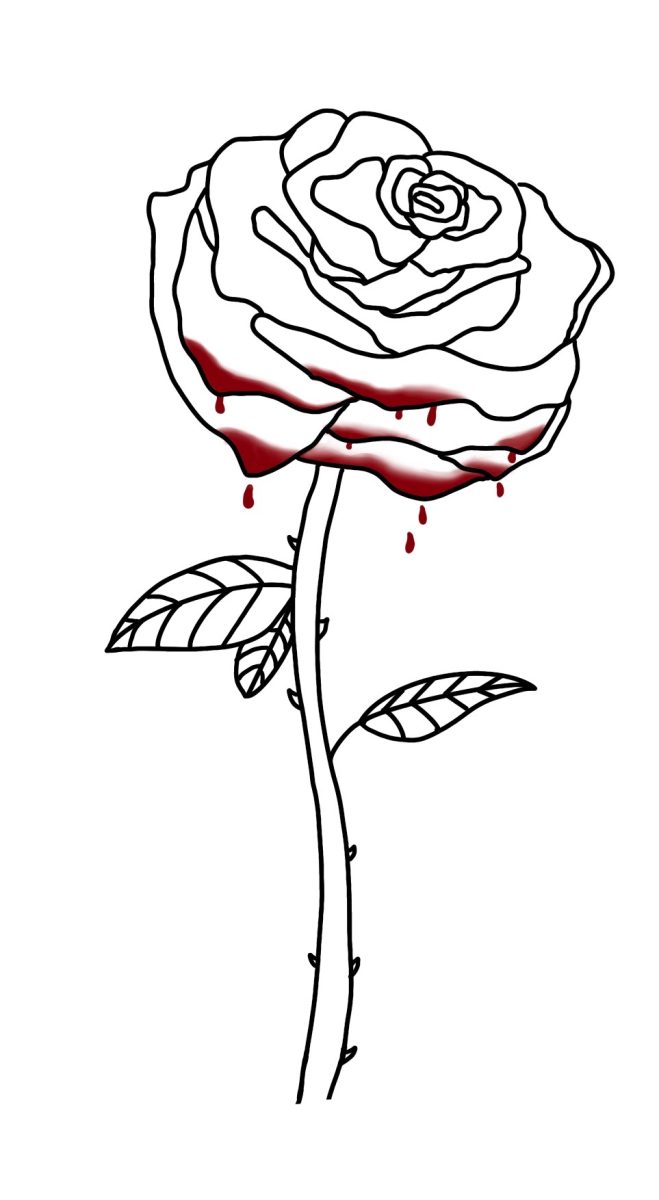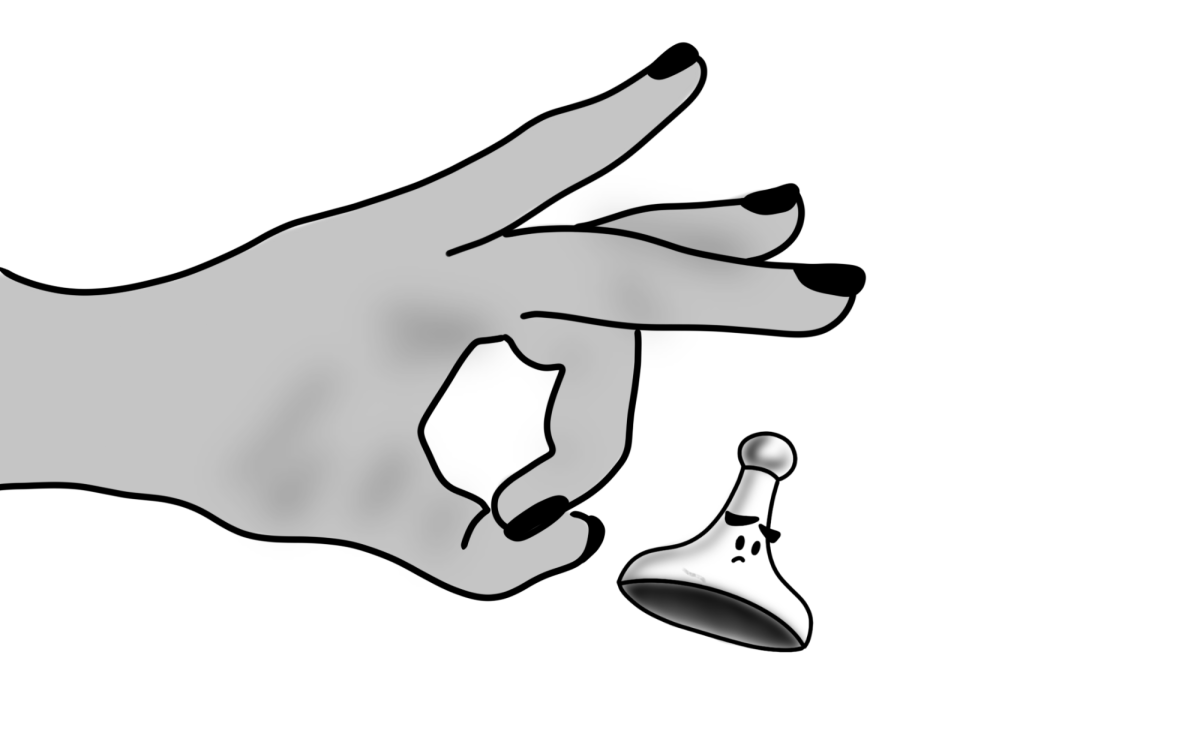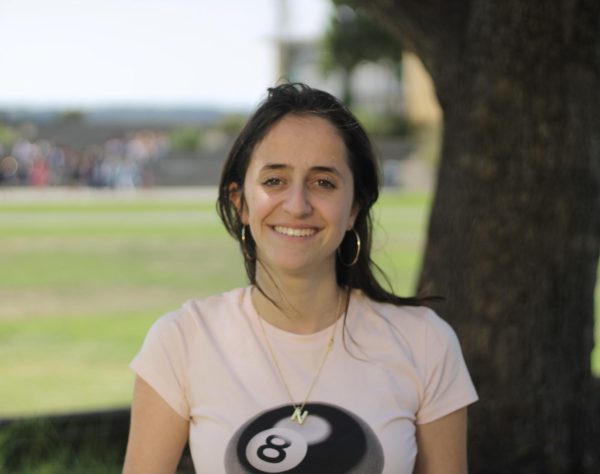While mindlessly scrolling on social media, I often stumble upon the typical “content creator” claiming once again to be an expert in the world of dating, only to offer up the most complacent or worse, concerning advice yet. But my distaste is seemingly the minority. Many social media users find this advice extremely appealing because they look up to influencers for the “relationship” they share with their partners, which has been documented in 30-second, heavily edited video clips. However, relationship advice on social media, although sometimes relatable, is frequently ill-informed, instilling delusional, misogynistic ideas into the minds of Generation Z and should therefore be avoided.
Social media dating advice tends to fall into one of two categories; the over-analyzing, “delusional female” culture, and the “Alpha male” pick-up culture. The first is influenced mainly by female content creators. Content within this category can affect both women currently in relationships and women who are looking for one. For women in relationships, this content tells them that the moment their significant other does something other than adore them, they are “toxic” or have lost interest in the relationship. For women searching for relationships, the phrase, “If he wanted to, he would,” often appears on their social media home pages. Popularized by TikTok, this phrase suggests that if a man truly liked you, he would go above and beyond to be with you. Both of these ideas are almost entirely unrealistic and do not properly address all aspects of human behaviors.

Similarly, the “Alpha Male” pick-up culture has been pioneered by influencers like former kickboxing champion turned social media personality Andrew Tate. Tate, who is currently on house arrest after receiving a sentence for human trafficking, had previously made around $10 million offering life advice to young male viewers. His advice rests on the idea that men are inherently superior to women, and this power dynamic should be reflected in heterosexual relationships. Within this culture, women are expected to prioritize the man and his needs in the relationship; they should be willing to offer the man all that they require, eliminating room for compromise and collaboration within a relationship.
Moreover, the dangers of this modern-day dating advice are amplified by the creation and misuse of new terminology that encourages viewers to adopt a victimized mindset and normalizes unhealthy relations. Words formerly considered to be extreme descriptions of toxic and potentially abusive relationships have, since the invention of social media dating advice, been normalized by influencers. Examples of this are the terms “gaslighting” and “manipulation.”
According to Vice, “Abuse, manipulation, and gaslighting are huge concepts, developed over years of psychological study, that aren’t likely to appear in the majority of relationships. But you might think otherwise if you’re getting your relationship worldview from TikTok…We’re comfortable diagnosing psychological conditions and unhealthy behaviors in others, and in our own relationships, without professional insight.”
Some of this terminology can have the opposite effect on its viewers, making toxic situations seem typical and therefore aspirational. One term that was created on TikTok and has since reached new heights is a “situationship.” In “situationships,” one of the partners is unwilling to label the relationship and in this reluctance, is given free rein to date whoever they choose while the relationship is still happening and can end the relationship whenever they feel like it, with no strings attached. This may result in the other partner feeling undervalued and like they have wasted time that could have been spent on someone actually willing to commit.
Content creators, perhaps subconsciously, are redefining these terms every time they use them to describe their latest fight with their partner or reply to a commenter requesting advice on their own situations. The problem that arises with this is that viewers begin to characterize their own relationships as such, and through these twisted narratives, put such a strain on their relationships to potentially ruin them. Of course, there is something to be said about the comfort in knowing that you’re not alone in your relationship struggles. Social media can create an inclusive place for all of us, regardless of gender, race, or social stature, to feel united in struggles and successes. But these influencers are not experts, even if they have the “#Relationship Coach” in their captions and bios. Instead of just trusting whatever you hear online, it is key to research these “experts” online to verify if their work is credible, turn to a friend or family member who you know has your best interest at heart, or better yet, consider your own circumstances yourself, without the advice of a stranger, because nobody knows your situation quite like you do!







